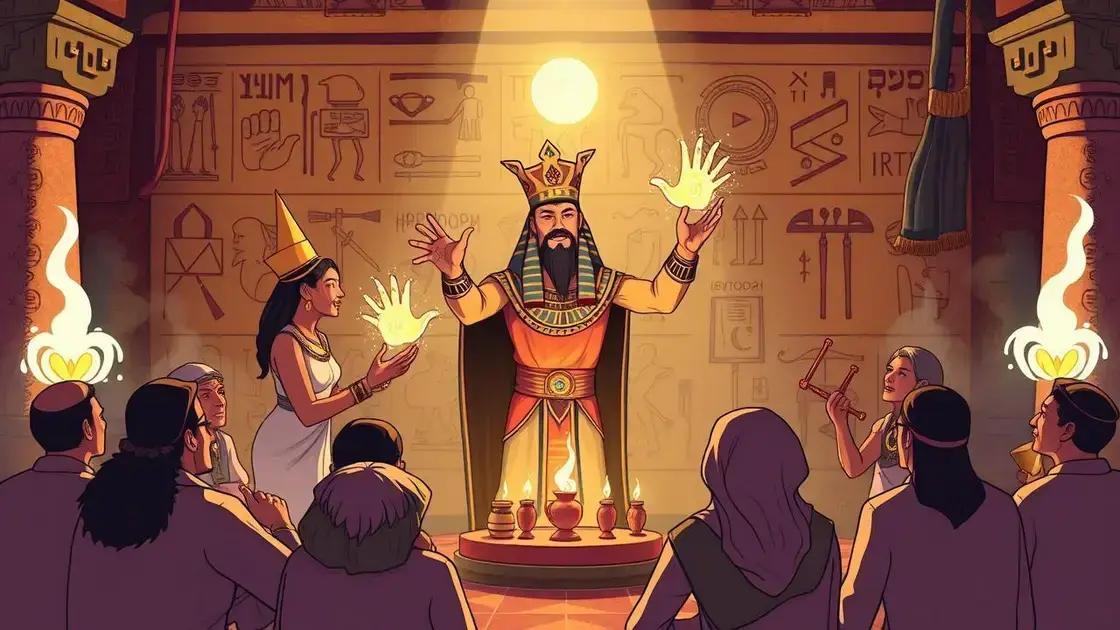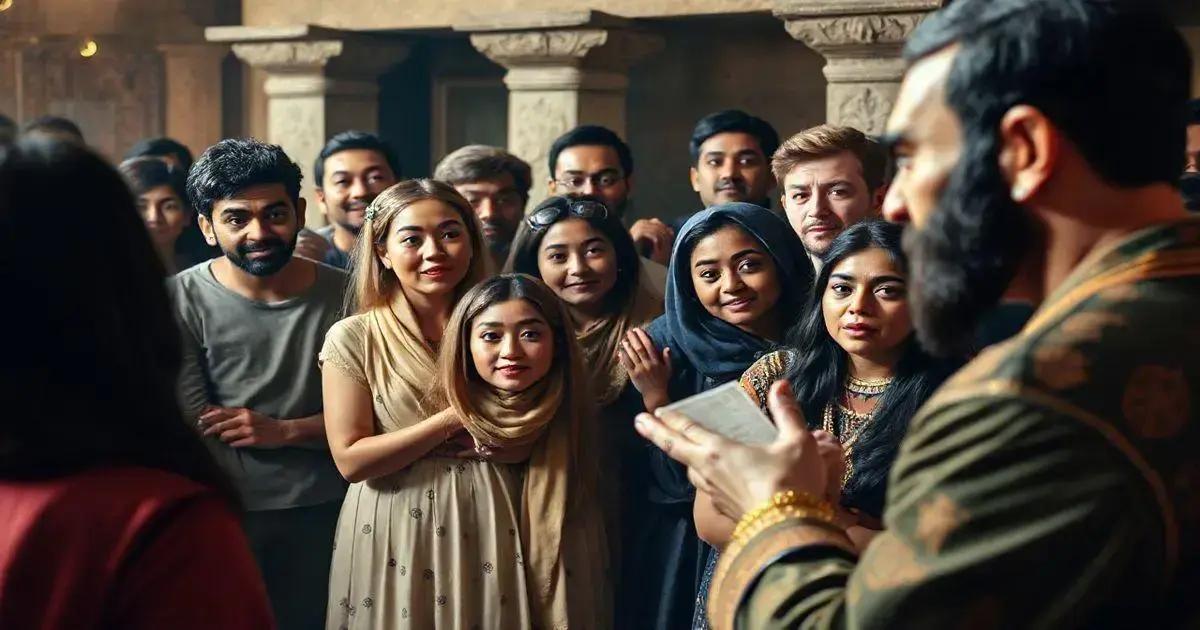The Trick of the Egyptians refers to ancient techniques that create illusions and psychological effects. While some find the trick effective due to emotional engagement and cultural context, others may view it skeptically. Its impact varies based on individual perceptions and audience interaction.
The Trick of the Egyptians has captivated many, sparking curiosity and debate. What is this trick, and does it truly work for everyone? This post delves into its origins, effectiveness, and whether it can be a universal solution. By examining various perspectives, we aim to uncover the truth behind this mysterious phenomenon.
Understanding the Trick of the Egyptians

The Trick of the Egyptians has intrigued many people for centuries. It refers to various methods and techniques used in ancient times that seem mysterious today. These tricks often include elements of deception, illusion, and psychological manipulation. People wonder if they are merely historical tales or if they hold real power and significance.
Historical Background
Historically, the Egyptians were known for their advanced knowledge in various fields, including mathematics and astronomy. This expertise allowed them to create what we now deem as tricks or illusions. By understanding psychological principles, they could influence perceptions and emotions.
Common Techniques
Some common techniques linked to the Trick of the Egyptians include optical illusions, sleight of hand, and storytelling. Each of these plays with the observer’s perception, making them question what is real and what is not. For example, a simple card trick can amaze an audience by creating a sense of disbelief.
Cultural Impact
These tricks have made a significant impact on modern culture, often being referenced in movies, literature, and performances. Magicians today still draw inspiration from these ancient methods, showcasing their timeless appeal. Moreover, the tricks represent a fascinating blend of art and science that continues to enchant people.
Despite the charm of the Trick of the Egyptians, the key question remains: does it work for everyone? Understanding these tricks helps us explore the psychological elements behind them and their effectiveness across different audiences.
Is the Trick Effective for All?

The effectiveness of the Trick of the Egyptians varies among different individuals. While some might find it incredibly compelling, others may view it differently. This inconsistency arises from personal beliefs, cultural backgrounds, and the psychological state of the audience. Understanding these differences is essential to gauge whether the trick is effective for everyone.
Psychological Factors
One of the key aspects is how the human mind processes information. For some people, the trick can evoke a strong emotional response, creating a sense of wonder. They might trust the performer and become immersed in the experience, making the trick appear more effective. However, skeptics may analyze the trick in a logical manner, which can diminish its impact.
Audience Engagement
Another critical factor is audience engagement. If people are unaware of what to expect, they might be more easily fooled. On the other hand, those familiar with magic tricks or illusions might already have a mental filter that reduces their susceptibility to manipulation. Therefore, the context and setting play a vital role in how the trick is perceived.
Cultural Influence
Cultural background can also shape how individuals respond to the Trick of the Egyptians. Some cultures value tradition and storytelling, which may enhance the effectiveness of these tricks. Conversely, in cultures that prioritize rationality and logic, the trick could be seen as less impactful. Ultimately, the trick’s effectiveness is not one-size-fits-all but varies based on numerous factors.
In Summary: The Trick of the Egyptians
The Trick of the Egyptians holds a unique place in history, captivating audiences with its intriguing methods and psychological elements.
While it can elicit strong reactions and a sense of wonder for many, its effectiveness truly varies based on individual perceptions, cultural backgrounds, and psychological factors.
Understanding these diverse perspectives is crucial in determining whether this ancient trick works universally or only resonates with specific audiences.
Ultimately, the engagement of viewers plays a significant role in their experience, making the Trick of the Egyptians as much about the audience as it is about the performer.
FAQ – Frequently Asked Questions about the Trick of the Egyptians
What is the Trick of the Egyptians?
The Trick of the Egyptians refers to various ancient methods and techniques used to create illusions and psychological effects on audiences.
Why do some people find the Trick effective while others do not?
Effectiveness varies based on personal beliefs, cultural backgrounds, and psychological states, influencing how individuals perceive the trick.
Can the Trick of the Egyptians influence emotions?
Yes, the Trick can evoke strong emotional responses in some people, enhancing their experience and belief in the trick’s power.
How does audience engagement affect the Trick’s effectiveness?
Audience engagement is crucial; those unaware of what to expect may be more easily influenced, while skeptics may analyze and dismiss the trick.
What role does culture play in responding to the Trick?
Cultural background can shape reactions, with some cultures being more receptive to traditional storytelling and illusions than others.
Is the Trick of the Egyptians still relevant today?
Absolutely, many modern magicians still draw inspiration from these ancient techniques, showcasing their timeless appeal in performances.













